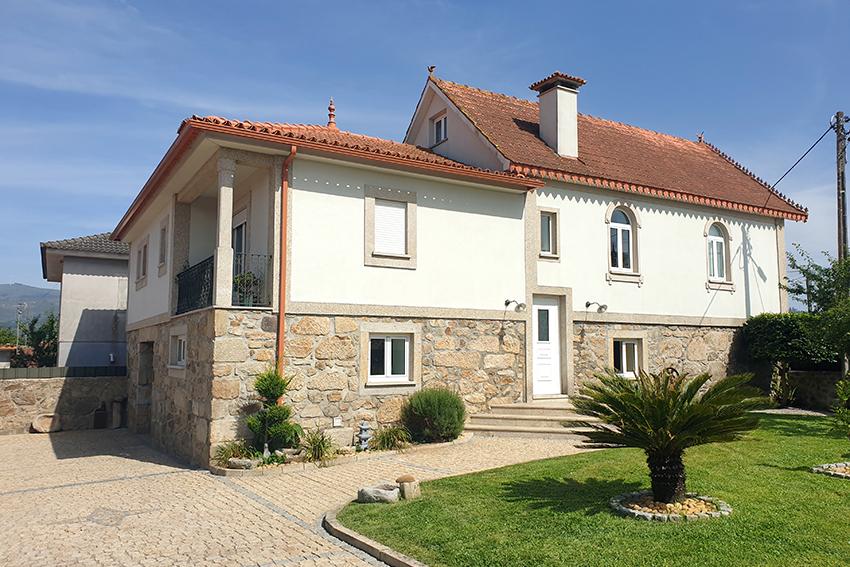The Portuguese government announced new measures last week to handle the country’s housing crisis, including ending the so-called “golden visa” program, and would put a ban on short-term holiday rental licenses, like for Airbnbs.
Lisbon wants to force owners of vacant properties across Portugal to open them up to long-term renters because of soaring home and rental prices.





